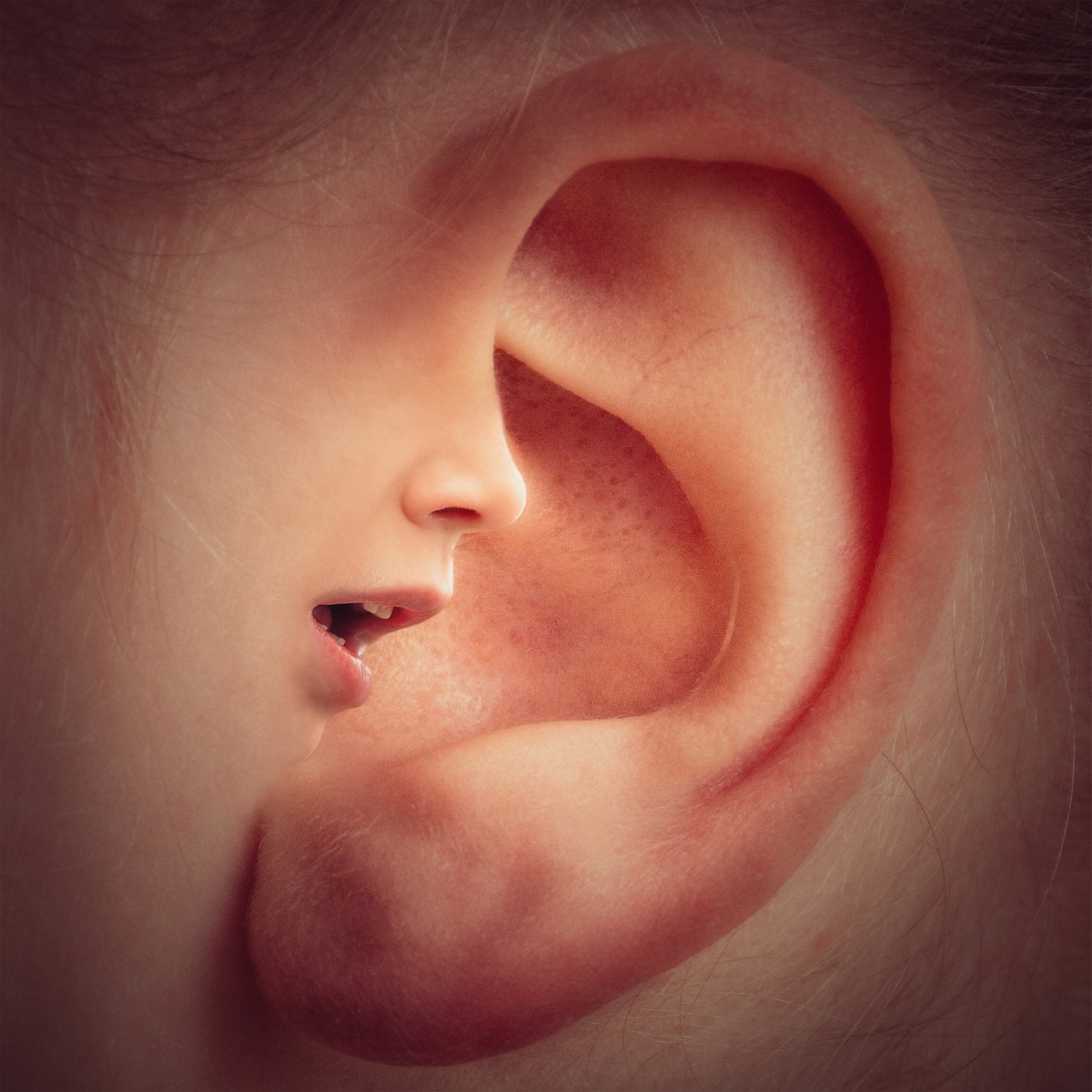Noticing a bit of hearing loss recently? Well go and get a hearing test!
Now is the time to get a hearing test if you have been delaying it. Approximately 11 million people in the UK are currently suffering from hearing loss. This equates to roughly one in six of us. Of the six million people in the UK who could benefit from hearing aids only two million have them. And of this group only 30% use them regularly.
3 Types Of Hearing Loss
There are three main types of hearing loss …
Sensorineural Hearing Loss reduces the intensity of sound but also can distort what is heard. That is why people with sensorineural hearing loss often struggle to hear words clearly, particularly certain spoken consonant sounds and when in noisy environments.
Conductive Hearing Loss is mechanical in nature which means a physical condition or disease is stopping sound from being conducted from the outer or middle ear, to the inner ear, where nerves are stimulated to carry sound to the brain. It can be caused by a variety of factors including a build-up of ear wax and ear infections. In most cases, it is very treatable and doesn’t lead to permanent hearing damage.
Central Hearing Loss is rare and occurs when there is a defect in your brain or central nervous system rather than in the ear itself or the auditory nerve.
Important Facts About Hearing Loss
- Hearing aids are not the same as glasses – When you get a new pair of glasses, you can instantly see well, but whilst hearing aids do make a significant difference, the brain needs to adjust to the quality of sound coming from the hearing aid so it is difficult to restore full hearing with hearing aids. With technology ever advancing, you can buy hearing aids which are hardly noticeable and that perform an incredible number of functions. They can connect to your phone to allow you to receive phone calls directly through your hearing aids. By using an app you can then control volume, sound quality and change to different listening programs.
- People often mistake hearing loss for dementia – many symptoms of hearing loss are similar to early signs of dementia. Trouble following conversations, confusion, forgetfulness and social withdrawal are symptoms associated with both dementia and hearing loss.
Sudden Deafness
- Sudden Sensorineural Hearing Loss (SSHL) or sudden deafness – is an emergency. It typically occurs in only one ear but can appear in both. This condition mostly affects people between the ages of 30-60 and around 50% of people with SSHL recover within two weeks if they receive prompt treatment. This is a serious medical condition and requires immediate care, so if you have a sudden loss of hearing seek medical advice as soon as possible as it may just save your hearing.
- Hearing loss may not be as obvious as you think. Hearing loss can develop gradually over a long period of time and sometimes people don’t actually realise that their hearing is diminishing. Examples of the first signs of hearing loss include difficulty hearing people over the phone or on TV. People may regularly turn up the volume on these devices, or ask people to repeat themselves, especially in noisy areas. Difficulty concentrating when people are speaking to you is also common.
- Tinnitus affects 1 in 10 of us at least once in our lives. It is a common symptom of many hearing and ear conditions and is characterised by ringing, hissing or other sounds that appear to be originating in the body or head, rather than from an outside source. Tinnitus is not a disease but usually a symptom of another underlying condition or as a result of damage to the inner ear.
Advice For General Hearing Problems
- When you are talking to someone with hearing difficulties make sure you are in the same room. You should preferably be in front of them for optimal hearing. Your body language will also provide visual cues as well as possible lip reading.
- When watching the television with someone who has hearing difficulties, try to turn the TV volume from quiet to loud. This way you are more likely to get an outcome that all the family can enjoy.
- Encourage your friend of family member to get a hearing test if you think there is a problem. Empower those with hearing loss. For example, choose restaurants with good acoustics so they can enjoy a meal out as much as the next person.
If you have any problems with your hearing you should see a doctor or audiologist as soon as possible.
By
Duncan Collett-Fenson, audiologist at https://astonhearing.co.uk






